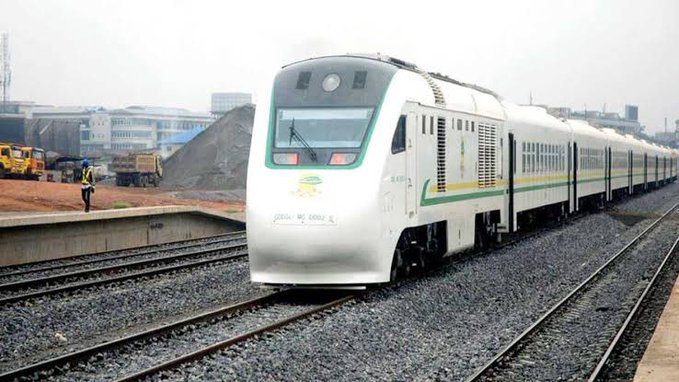Stakeholders Advocate Enhanced Railway System To Boost Economy.
Maritime stakeholders have emphasised the need for improved railway infrastructure in Nigeria, citing its potential to enhance cargo movement, reduce road congestion, and support economic growth.
This call was made during a summit organised by the Nigerian Shippers Council in collaboration with the Nigerian Railway Corporation (NRC), themed “Limitations to Rail Transportation of Cargo in Nigeria.” The event brought together key industry players to discuss challenges facing the rail sector and explore solutions for a more efficient transportation system.
The Director of the South-South Zonal Coordinating Office of the Nigerian Shippers Council, Mrs Agatha Ify Okolue, highlighted the crucial role of rail transport in facilitating seamless shipping operations. She noted that an effective railway network linking seaports to inland destinations would significantly improve cargo movement and decongest road networks.
“We know that the railway system is one of the safest and most efficient means of transporting goods. It allows for the movement of large volumes of cargo from the seaports to inland destinations, thereby enhancing trade and economic activities,” Okolue stated.
She further commended the Federal Government and the NRC for their efforts in revitalising the railway system and expressed optimism that projects like the 6.2 km Port Harcourt–Aba railway would strengthen business connectivity.
Similarly, the Executive Secretary of the Nigerian Shippers Council, Pius Akutah, reaffirmed the council’s commitment to fostering an integrated transport network. Represented by the Director of Inland Transport Services, Mustaphar Zubairu, Akutah noted that the council has initiated collaborative strategies with the NRC to promote intermodal connections.
“This partnership aims to fast-track cargo delivery, ease pressure on road networks, and optimise the use of rail transportation across the country,” Akutah said.
Stakeholders at the summit urged the government to prioritise investments in modern rail infrastructure, including standard gauge tracks and additional coaches, to accommodate heavy cargo loads. They also stressed the importance of patronising railway services to ensure sustainability.
With continued investment and collaboration, the Nigerian railway system is poised to play a transformative role in the nation’s transport and logistics sector, driving economic growth and enhancing trade efficiency.



